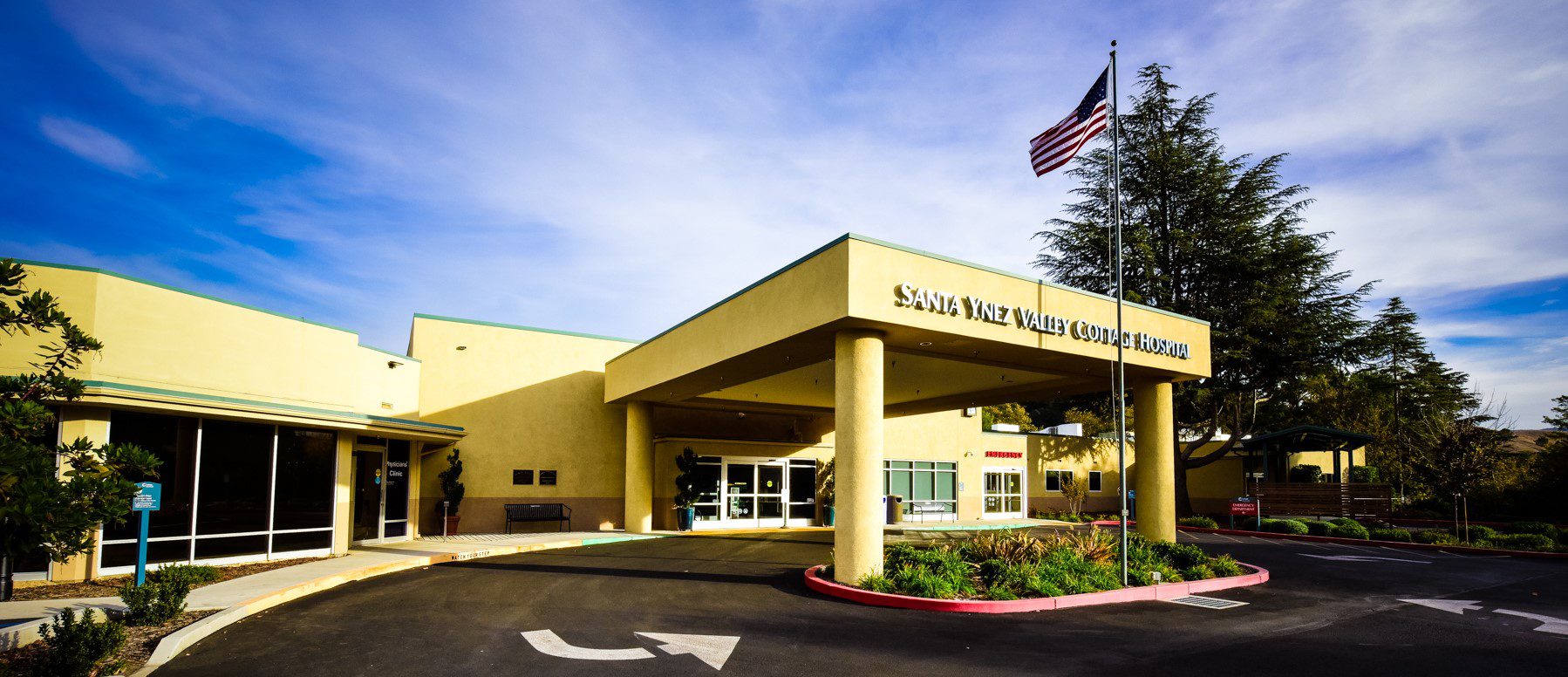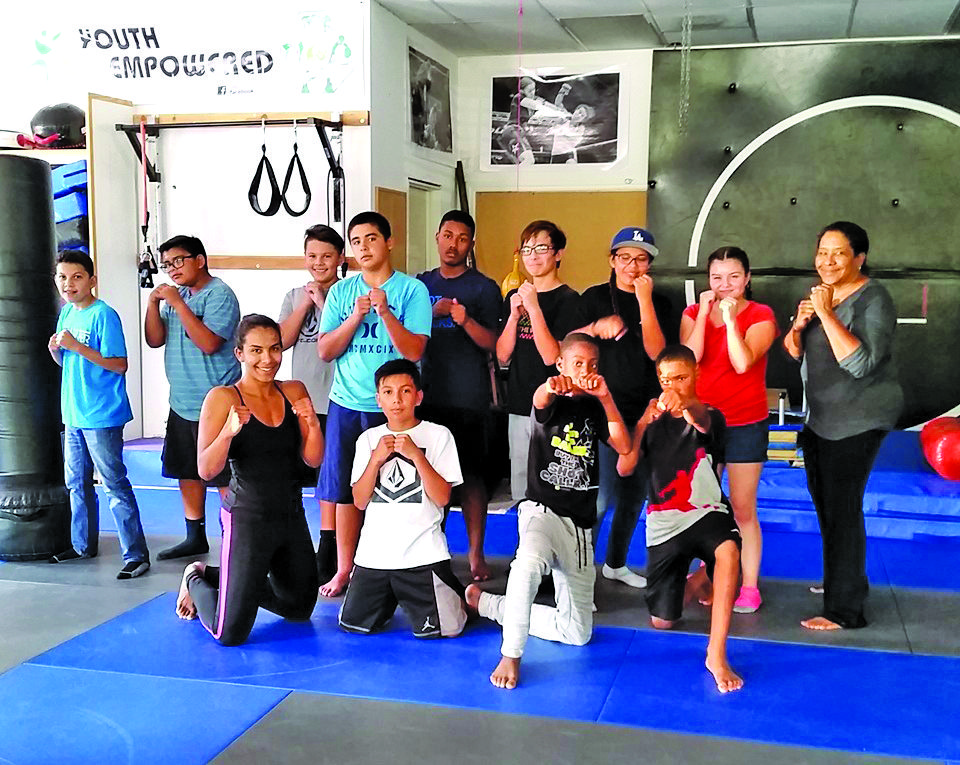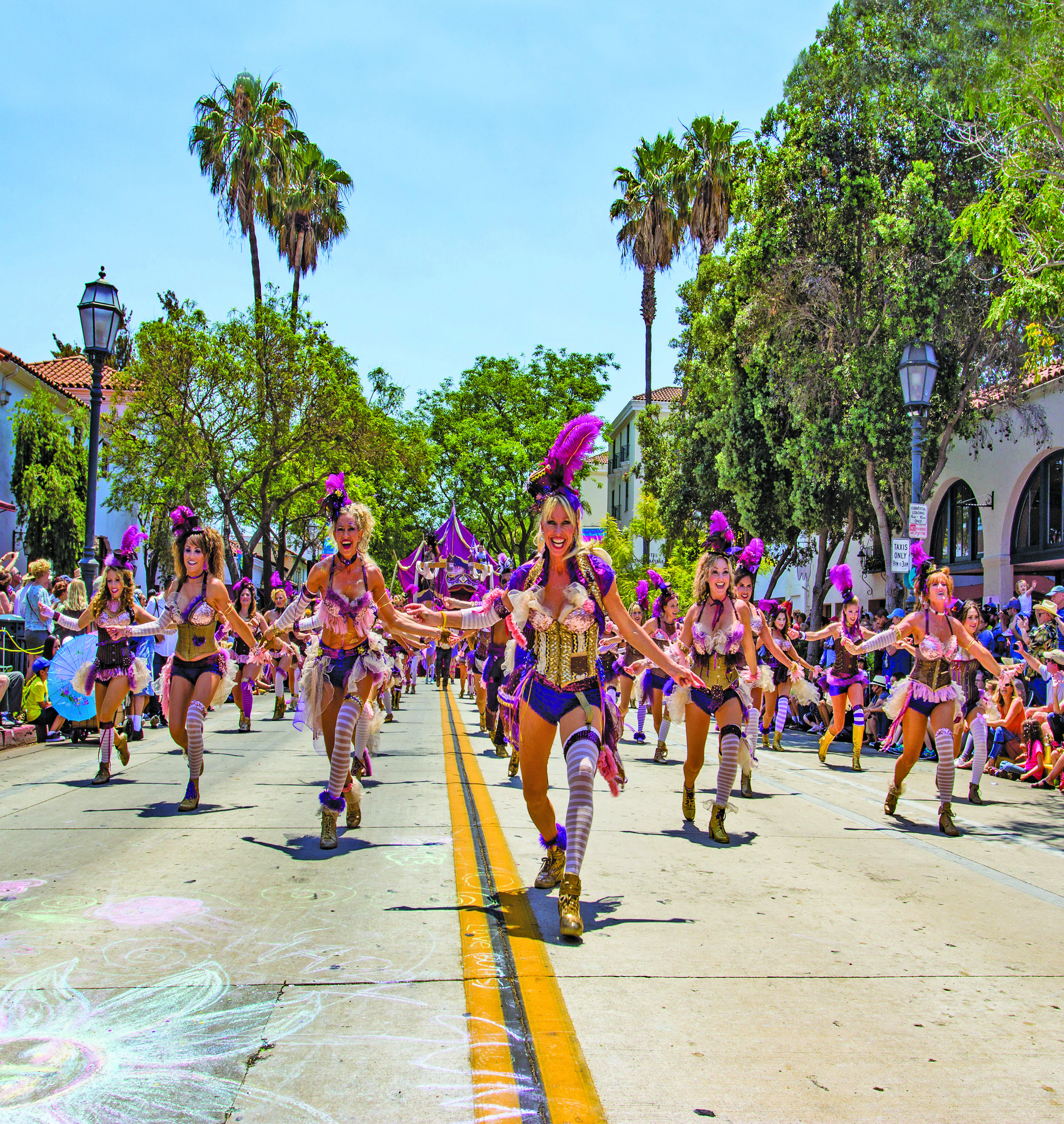By Inclusion SYV
Contributed
Unfortunately, the Santa Ynez Valley is not immune to the impacts of racism and bigotry.
Is there a way that we can all better embrace the national, ethnic, religious and gender diversity of our community and live more rewarding lives? That’s the purpose of Inclusion SYV, an organization founded in 2017.
The members of Inclusion welcome you to a monthly series of true stories written by members of our community, dedicated to initiating a continuing and open discussion of the immigrant experience and the often dramatic and long-term impact of both welcoming and traumatic events.
Our hope is that readers will find each story a meaningful contribution to a better understanding of each other.
The names of the writers are kept anonymous to protect their identities.
Email any comments to inclusionsyv@gmail.com. If you are interested in telling your story, please let us know.
One woman’s story:
I had often heard about “El Norte,” but it was never in my plans to go there until I met my future husband. He had spent most of his life in the United States. I understood that if I were to marry him, I would have to make the journey and make “El Norte” my home.
I was young, and ignorant to the dangers which those who cross the border illegally face. Still, we married, and I was without a visa. A week after our wedding, my husband and I traveled from our hometown to Tijuana, where we would try and get passage to the United States. The memory of my mother sobbing and praying for my safe passage, and the firm hug from my father, were still fresh in my mind.
My husband’s uncle showed us around, and took us to a hotel where we’d be staying. It is there in the hotels where “coyotes” — those who work guiding people across the border, would knock on doors, offering their services to everyone in the hotel. We spoke to many, but felt unsure about all of them.
That was until we met a young couple with a child who explained to me that I would only need to sit in the passenger seat in their truck, as they were able to cross legally. And it was really that simple for me. The guard at the border waved him to move along and I was now on United States soil. The couple smiled and told me that the scary part had passed. I called my husband, letting him know everything had gone well. He had been nervously waiting back at the hotel in Tijuana, and immediately flew to meet me in Los Angeles. We embraced each other, happy everything worked out, and excited to start our life together here.
This was 20 years ago. Since then we have made a life for ourselves here. I have obtained my American citizenship, and am proud of it. I have three wonderful kids, who have so many opportunities available to them since they are here. We have lived in the Santa Ynez Valley for 15 years.
We love it here, and I can’t imagine a better place to have raised a family than here. In hindsight, I see that I was lucky to have everything work out for me the way it did. Those who do not die in the rivers and deserts trying to cross suffer throughout their journey. And those who do make it face deportation, and can be denied their papers. I know that I am lucky, and am thankful for everything working out.





